Politics takes precedence over economy in Xi's Chinese-style modernisation
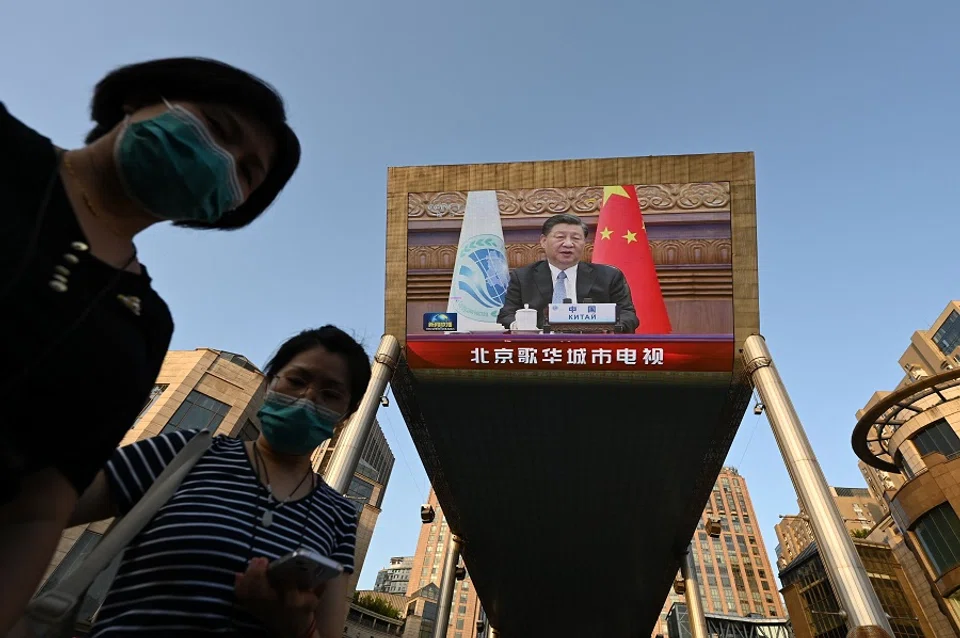
Addressing senior party officials in February this year, Chinese Communist Party (CCP) General Secretary Xi Jinping in a rare move criticised the shortcomings of Western modernisation, including the pursuit of profit maximisation and the rampant exploitation of natural resources.
Interviewed academics believe that Xi's speech was aimed at reinforcing the legitimacy of "Chinese-style modernisation", as well as strengthening the political consensus among officials and citizens, amid macroeconomic malaise and geopolitical tensions.
'Bloody' evils of Western modernisation
CCP journal Qiushi (《求是》) published an article on 15 August titled "Chinese-style modernisation is the road to nation-building and national rejuvenation" (《中国式现代化是强国建设、民族复兴的康庄大道》), which quoted parts of Xi's speech on 7 February to newly elected and alternate members of the CCP Central Committee, as well as principal officials at the provincial and ministerial levels.
Xi stressed that modernisation for the common prosperity of all Chinese people is the fundamental characteristic of Chinese-style modernisation and a distinctive mark that distinguishes it from Western modernisation.
... the West has landed itself in this predicament largely because of its "inability to curb the greedy nature of capitalists and failure to solve the chronic problems of rising materialism and spiritual poverty".
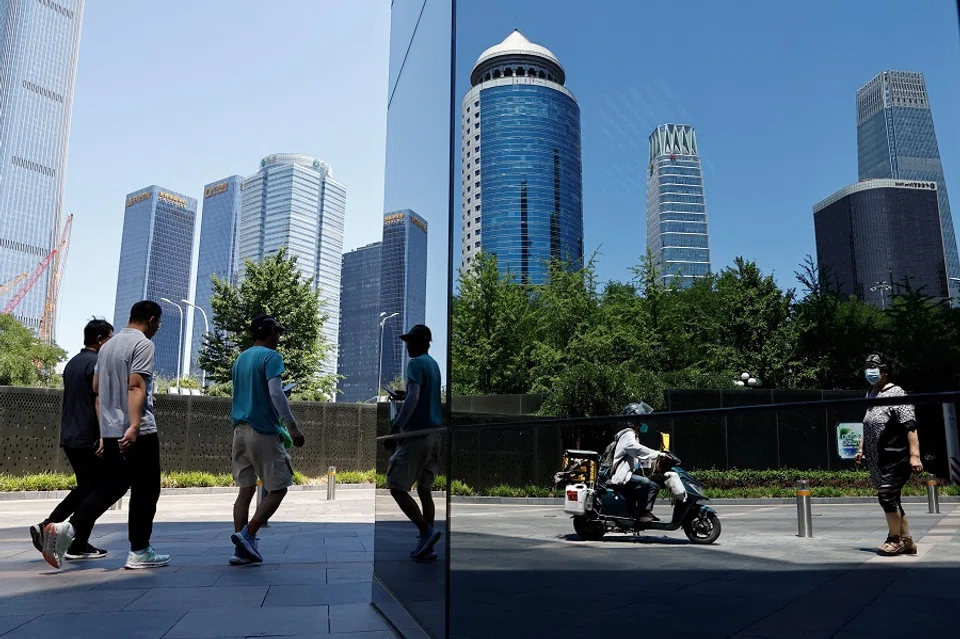
He added that the biggest drawback of Western modernisation is that it is "capital-centred rather than people-centred", and pursues "profit maximisation" rather than "serving the interests of the great majority of people", thus causing massive income inequality and severe polarisation.
He believes that the West has landed itself in this predicament largely because of its "inability to curb the greedy nature of capitalists and failure to solve the chronic problems of rising materialism and spiritual poverty". In the process of modernisation, most Western countries went through a phase of wanton exploitation of natural resources and vicious environmental destruction. This created enormous material wealth but also caused serious problems such as environmental pollution and resource depletion.
As China's per capita energy endowment is highly insufficient, and accelerating development will result in more energy resource and environmental constraints, China is unable to follow the trodden path of Western modernisation.
... having experienced the tragic history of invasion and humiliation by Western powers, the Chinese nation will never tread the same path of Western countries.
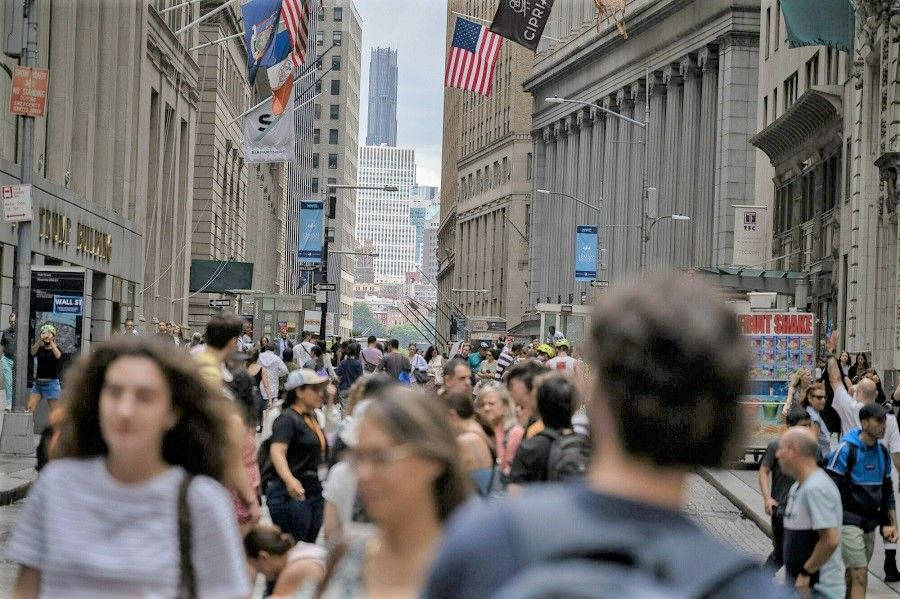
Xi also criticised Western modernisation as being filled with "bloody" evils such as war, slavery, colonisation and pillage, which have brought great suffering to many developing countries. He asserted that having experienced the tragic history of invasion and humiliation by Western powers, the Chinese nation will never tread the same path of Western countries.
Core of CCP's political discourse and ideology
Tsai Wen-hsuan, research fellow at the Institute of Political Science at the Academia Sinica, told Lianhe Zaobao that Xi's comments are critical of the "US-led hegemonic thinking" and the conventional Western thought that economic development will directly lead to democratisation.
Tsai assessed that after Chinese-style modernisation was proposed at the 20th National Congress in October last year, there has been no clear, complete discourse on it. Xi's main intention in raising this banner is to highlight that it is different from Western development, and to reiterate Beijing's absolute refusal to follow in the path of the West.
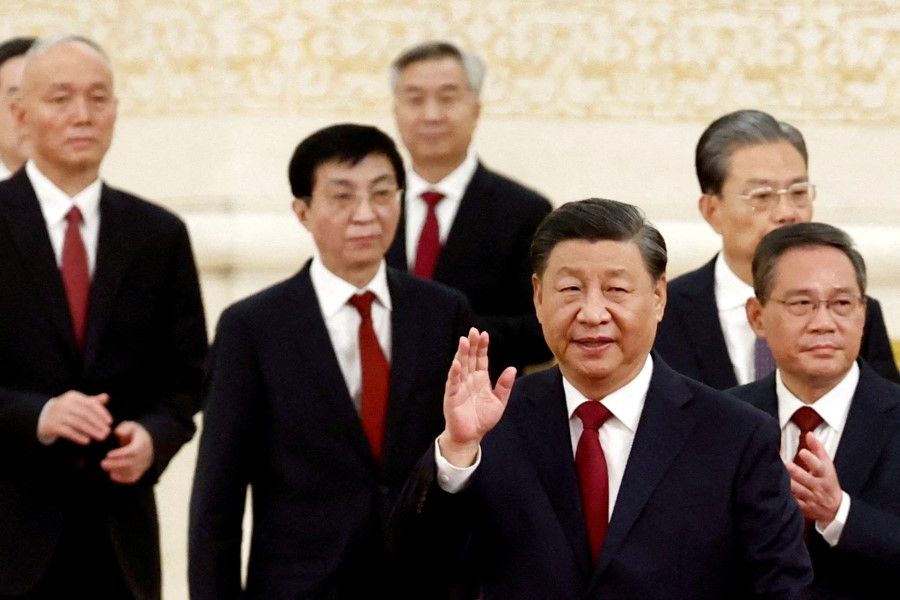
Li Mingjiang, associate professor at the Rajaratnam School of International Studies at Nanyang Technological University, said that Chinese-style modernisation has become a core part of the CCP's political discourse and ideology, and this article published in an authoritative party journal "contains no surprises".
Li assessed that geopolitics around China remain tense, with many points of contention with the West, and growing ideological differences domestically. Clearly, the authorities chose to publish this article at this time to strengthen political consensus among those in the system as well as officials and cadres in the party and government. Another political intention is to ramp up domestic recognition and support for Chinese-style modernisation.
... political struggle remains above the market economy, and attracting foreign investment remains secondary to ideology and a firm grasp on power.
Politics takes precedence over the economy
Tsai believes that while the mainland Chinese government is now actively introducing policies to attract foreign investment, Xi's comments contradict these efforts. Indeed, political struggle remains above the market economy, and attracting foreign investment remains secondary to ideology and a firm grasp on power.
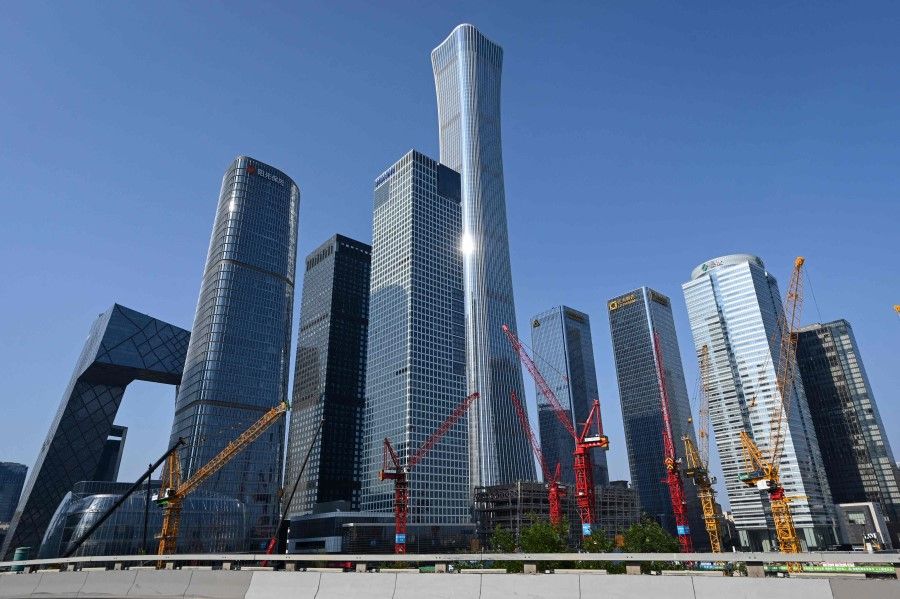
While the speech does not necessarily mean that Beijing intends to clash with the West, Tsai believes that it might have "some counter effects" on the confidence of foreign businesses and hasten foreign capital withdrawal from mainland China.
Li said that China has been accustomed to preaching one thing politically while yet pursuing the market economy throughout the past 40 years of reform and opening up. Despite Xi's criticism of capital-centred practices, the key lies in the actual implementation of policies in the future.
This article was first published in Lianhe Zaobao as "习近平罕见批评西方现代化弊端".
Related: Politics a threat to China's economy | Struggling economy now a taboo topic in China | Why is China struggling with identity politics both within and outside the nation? | Ten years of political intervention: China's economy at a crossroads | Respect rules of market economy and human diversity: China needs to align its domestic and foreign policies
